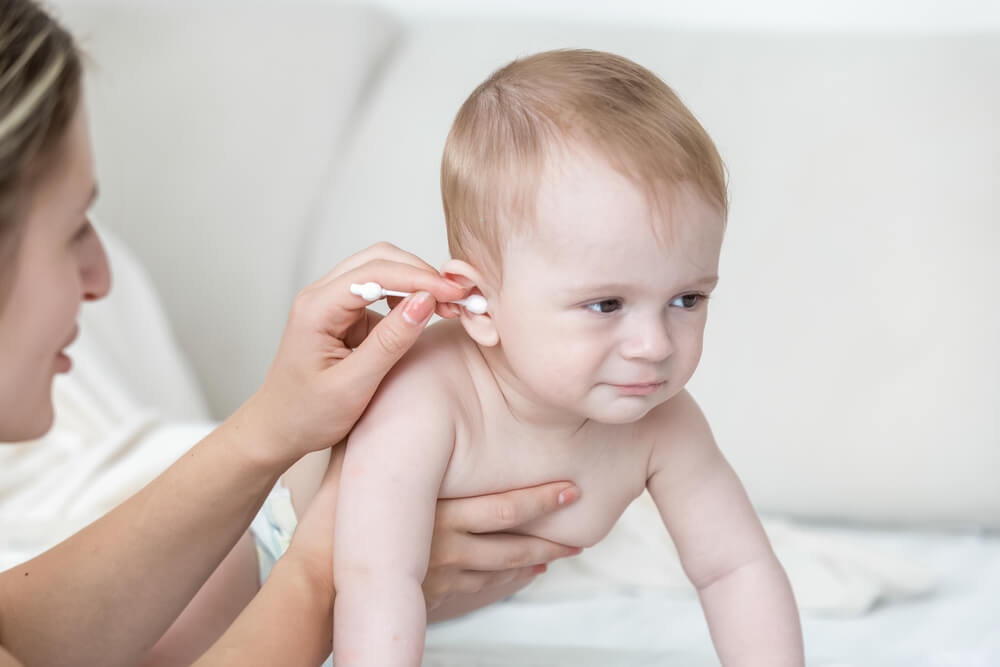
Baby Ear Care: A Comprehensive Guide for Parents
Introduction
A baby’s ears are delicate and require special care to ensure their proper development and health. From cleaning to preventing infections, understanding baby ear care is essential for every parent. This comprehensive guide will provide you with all the information you need to keep your baby’s ears healthy and free from problems.
Cleaning Baby’s Ears
- Frequency: Clean your baby’s ears only when necessary, usually once or twice a week. Over-cleaning can irritate the ear canal and lead to infections.
- Method: Use a soft, damp washcloth or cotton ball to gently wipe around the outer ear. Avoid inserting anything into the ear canal.
- Avoid Q-tips: Q-tips can push earwax deeper into the ear canal, potentially causing impaction and damage.
- Signs of Impaction: If you notice a buildup of earwax, consult your healthcare provider. They may use a special tool to gently remove the wax.
Preventing Ear Infections
- Breastfeeding: Breast milk contains antibodies that help protect against ear infections.
- Avoid Smoke Exposure: Secondhand smoke increases the risk of ear infections.
- Vaccinations: The pneumococcal and influenza vaccines can help prevent ear infections caused by these bacteria and viruses.
- Elevate Head: When your baby is sleeping, elevate their head slightly to help prevent fluid from accumulating in the ears.
- Avoid Pacifiers: Pacifier use has been linked to an increased risk of ear infections.
Recognizing Ear Infections
- Symptoms: Ear infections can cause pain, fever, irritability, difficulty sleeping, and fluid discharge from the ear.
- Diagnosis: Your healthcare provider will examine your baby’s ears and may perform a tympanometry test to check for fluid buildup.
- Treatment: Ear infections are typically treated with antibiotics. In some cases, ear tubes may be necessary to drain fluid and prevent recurring infections.
Other Ear Care Considerations
- Swimmer’s Ear: This infection of the outer ear canal can occur after swimming or exposure to water. Symptoms include pain, itching, and discharge. Treatment involves antibiotic ear drops.
- Otitis Media: This middle ear infection is caused by bacteria or viruses. Symptoms include ear pain, fever, and fluid discharge. Treatment typically involves antibiotics.
- Hearing Loss: If you suspect your baby has hearing loss, consult your healthcare provider immediately. Early intervention is crucial for language development.
- Ear Piercing: If you choose to pierce your baby’s ears, ensure it is done by a licensed professional using sterile equipment. Follow proper aftercare instructions to prevent infection.
When to Seek Medical Attention
- Persistent ear pain
- Fever over 101°F
- Discharge from the ear
- Difficulty sleeping or eating
- Irritability or fussiness
- Changes in hearing or balance
Conclusion
Baby ear care is an important aspect of your child’s overall health and well-being. By following these guidelines, you can help prevent ear infections, maintain proper ear hygiene, and ensure your baby’s ears develop healthily. Remember to consult your healthcare provider if you have any concerns or notice any changes in your baby’s ears.
